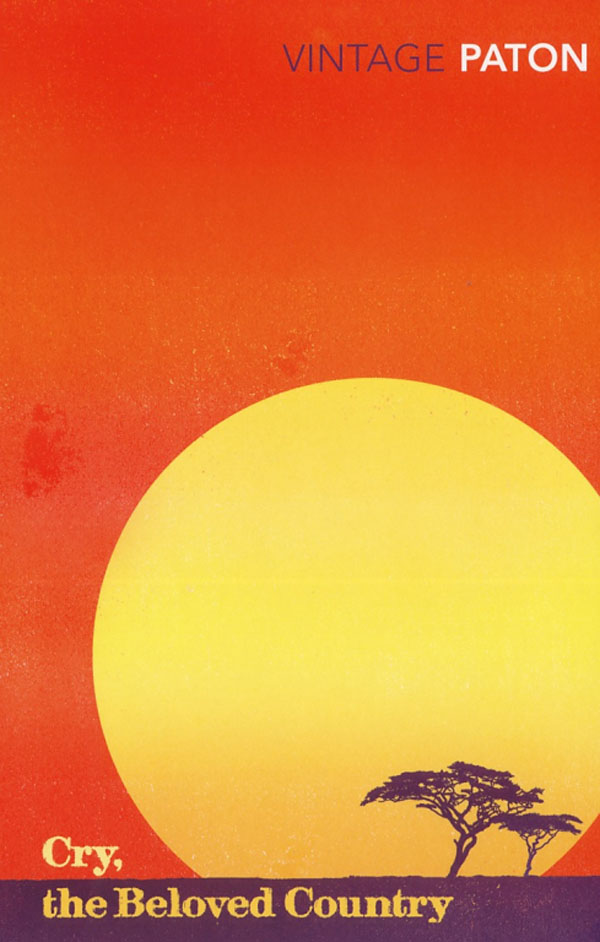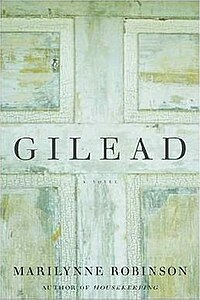
by Alan Paton
The first time I visited a Manila shantytown I was twenty six, despite having grown up in the Philippines. Manila to me was an endless expanse of uptown malls, hotels and amusement parks. I rarely entered the old city of Manila, and the riverside sprawls were alien to my senses. I was not shocked when I finally arrived in the barrio; seven years in England had informed me about what my country was meant to look like from BBC reports of grinding poverty and governmental abuse. My friends used to ask me how I could stand growing up well off surrounded by so many poor people. Of course, the thing was that I rarely saw any of it. Walls can hide many unsightly truths. Furthermore, the system that allows for the huge differences in wealth within the Philippines is the same one that causes the discrepancy between developed and developing countries. An analysis of this global system of poverty has been extensively commented on by the liberation theologians, economists, sociologists, but none is more powerful a description than Alan Paton's Cry, the Beloved Country.


